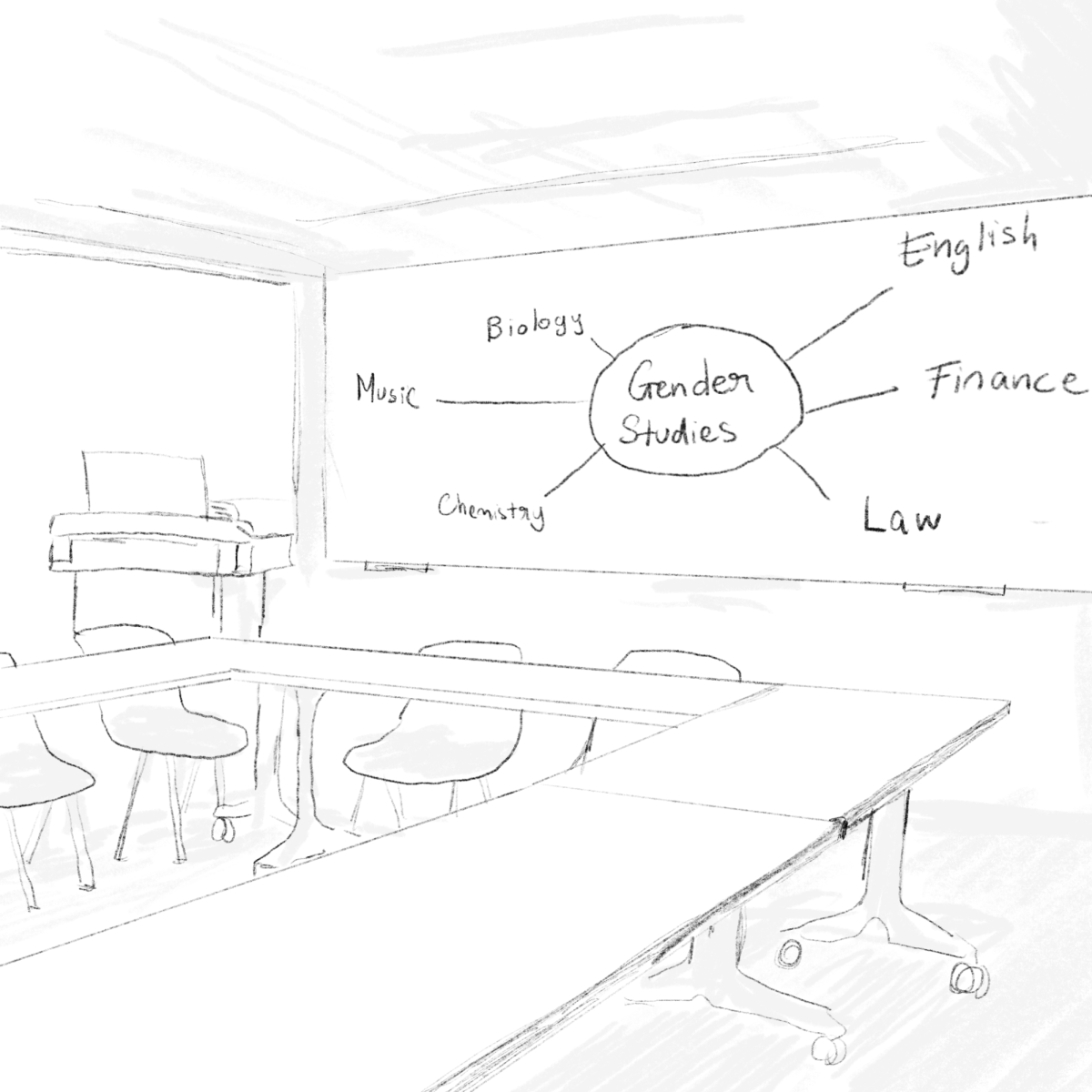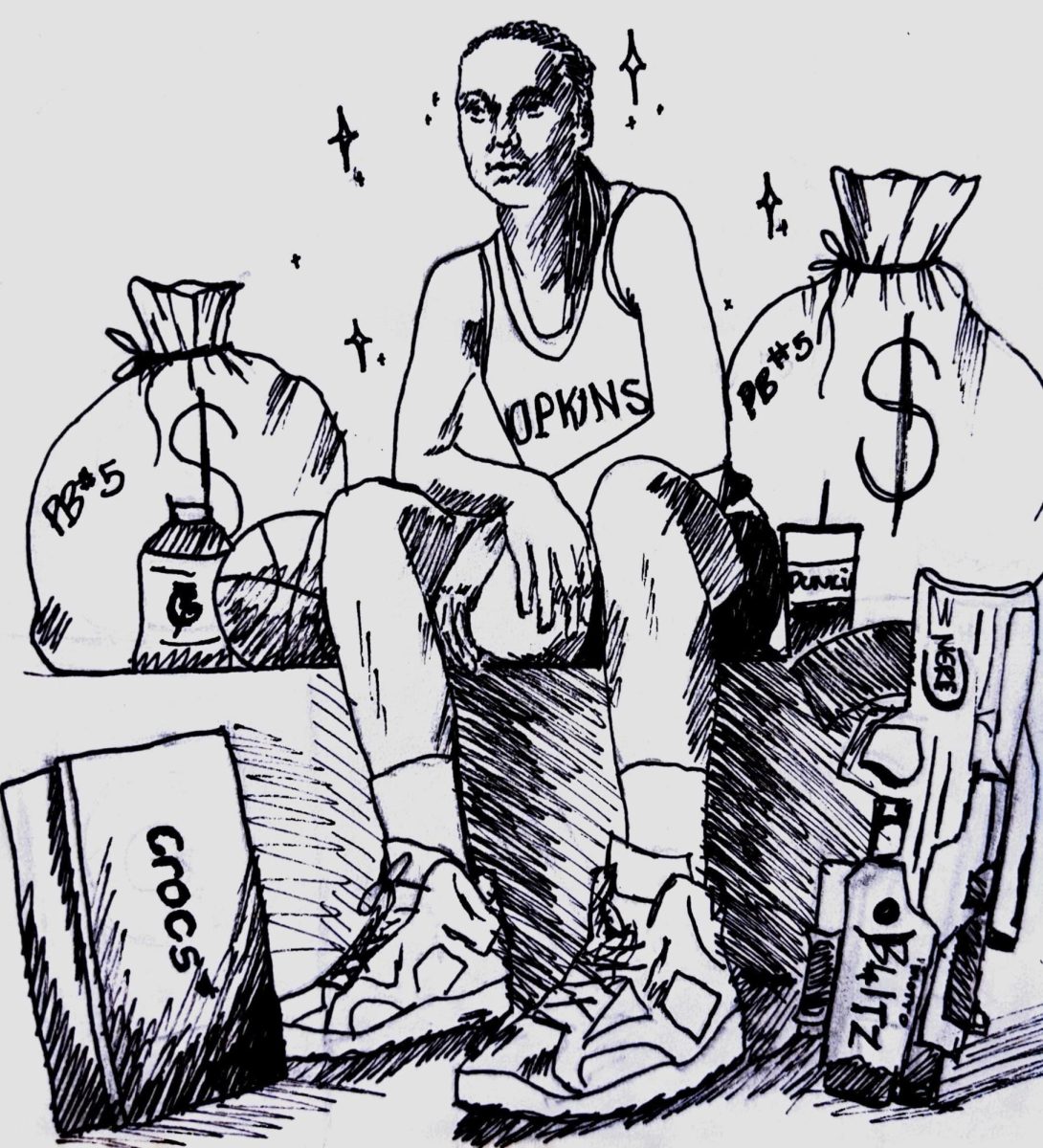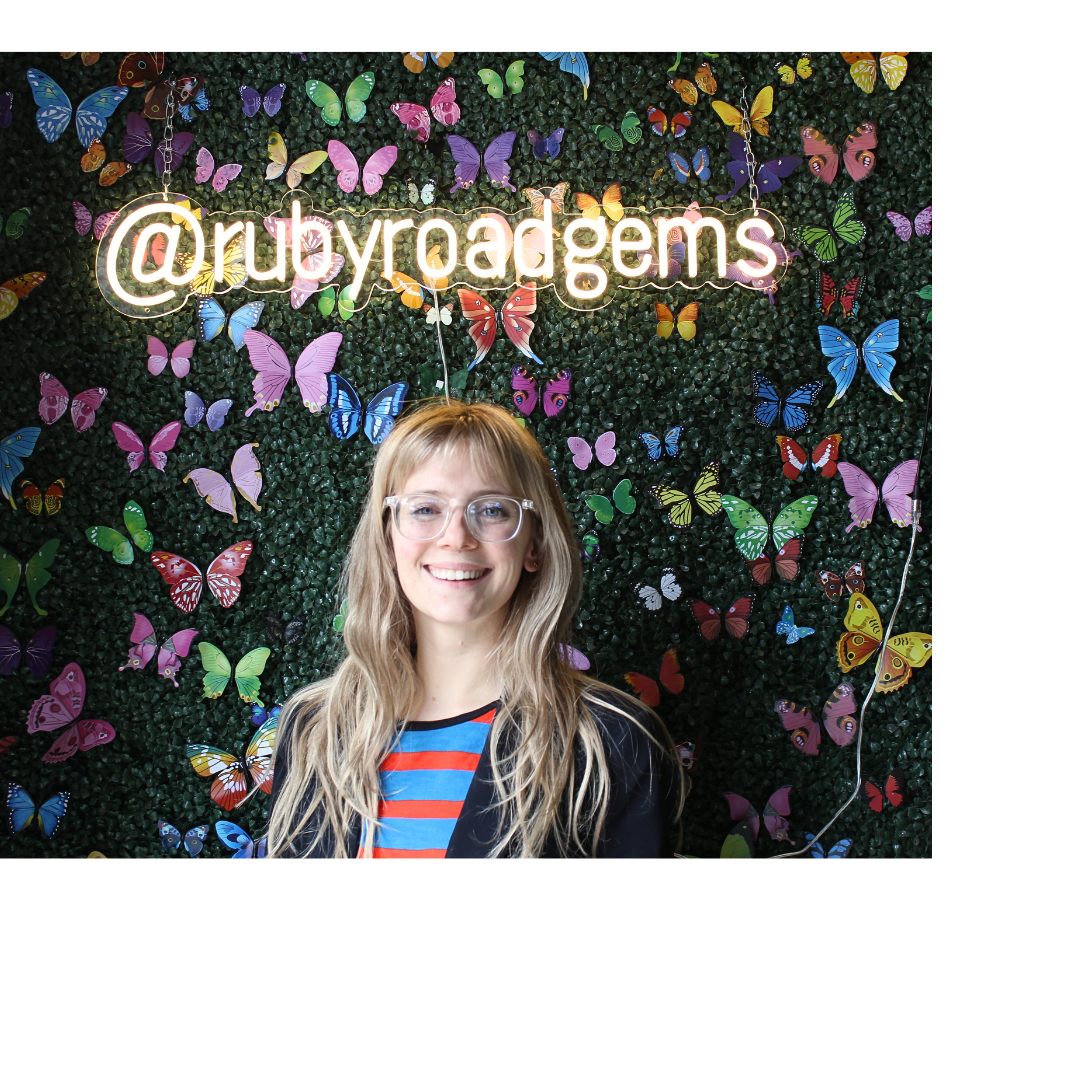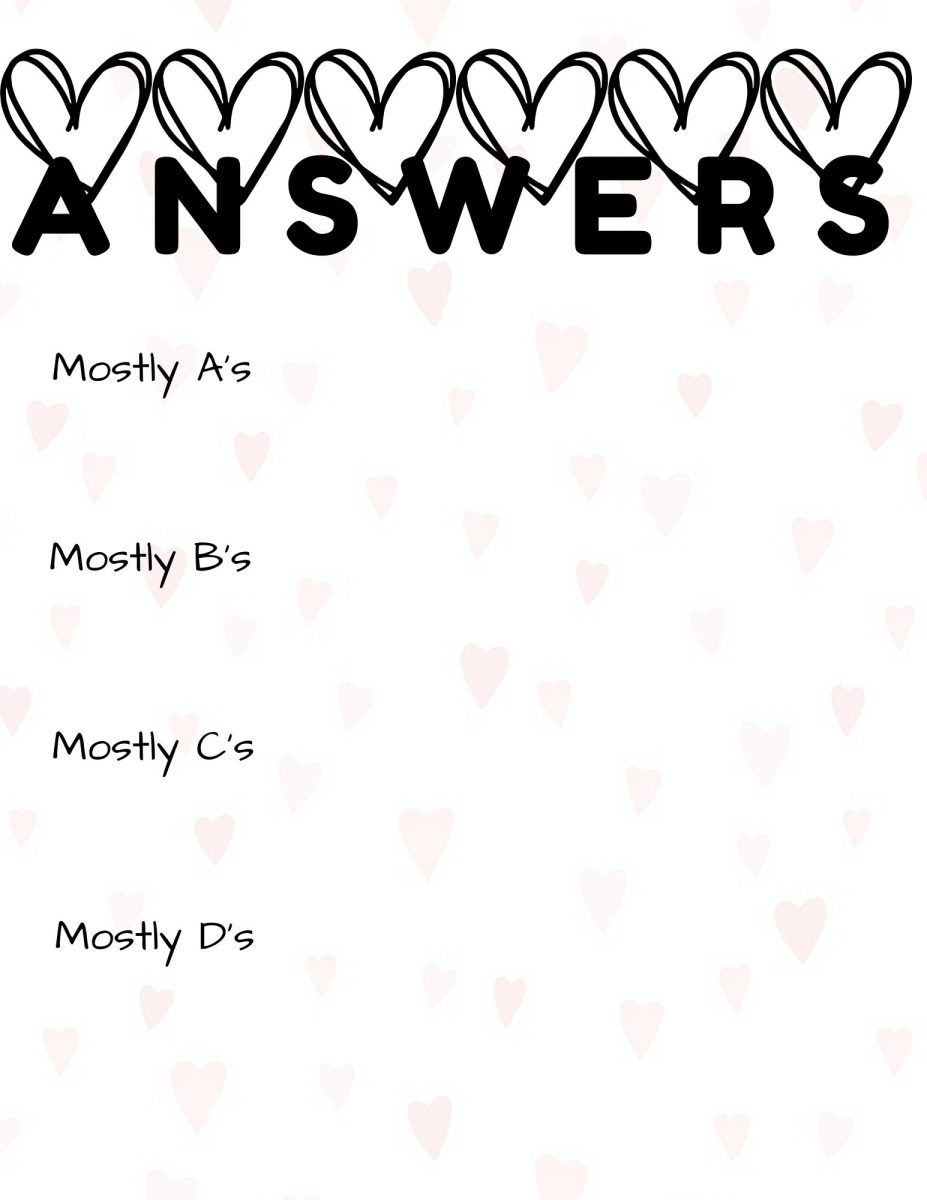So, what are you doing after you graduate? You’ve heard this once, and you’ll hear it again … and again and again. As a senior, no question seems more daunting to me because the truth is, I don’t know. There are many possible paths for recent college graduates to take, anywhere from pursuing additional education to moving to another country. With as many options as we have, deciding on just one can be hard, and the pressure to know exactly what you want to do for your foreseeable future certainly doesn’t help.
As young adults, we’re expected to know a lot about ourselves even though it is still relatively early in our lives. We apply to college expecting to major in one thing, which we may or may not stick with over the course of our university years. As we navigate classes and accumulate skills that make us marketable individuals for jobs in our selected fields, we’re also expected to gain experience so that, when we graduate, we are prepared enough to take that next step, whatever it may be.
My college experience has been great — for the most part. A global pandemic dominating the whole of my first year of college was a particularly unique ordeal in that it made the transition from high school to college feel quite underwhelming and isolated. I didn’t even really feel like I was in college until halfway through my sophomore year because I felt so separated from the classes I was taking, from my professors and my peers. It was enough to make me question if I liked college at all. Until I began considering if I wanted to graduate early, I didn’t see how much I valued my time here.
Though I could have graduated a semester early, I decided against it because I knew there was more I wanted to experience at Trinity rather than outside of it. Plus, having to start planning for my post-grad life was something I was definitely not prepared to do. Instead, allowing myself the time to enjoy my senior year and to take one day at a time was the healthiest choice I could have made for the sake of my mental health.
The obligation to know what we’re doing can be overwhelming, especially when we should be celebrating the end of four years of hard work toward our undergraduate degree. It’s no secret that we’re overachievers here at Trinity, so it’s not just the burden of classes we have to deal with. Juggling all of our club responsibilities, commitments for research or work and social lives takes an undeniable toll. Burnout, both during and after college, is all too common because of our need to commit ourselves from one thing to another constantly.
I’ve found that holding myself to a set timeline of objectives just isn’t realistic. Things happen that you can’t expect. If we stake your twenties on meeting every deadline we set for ourselves without fail, we’re just going to burn ourselves out. I say this as someone who greatly values structure in my life — the thought of not really knowing what the rest of my twenties will look like, much less the rest of my life, is frankly terrifying. There are so many options. It’s intimidating, feeling like we have to commit to just one, potentially for the rest of our lives.
My time at Trinity has taught me that it’s worth exploring what calls to you. The pathways and discovery requirements are there as opportunities to branch out, both in your interests and your mindset. I’ve had the privilege of learning so much from experiences I never would have expected, and as a result, I know I’m capable of finding my way forward, even without a set plan in mind. Is it scary moving forward with so much uncertainty? Absolutely. But we have our whole lives to figure things out.
So, what am I doing next year? I don’t know. Could be anything. It’s a free fall, and I could land anywhere: law school, working for a nonprofit, halfway around the world — you get the picture. The point is, I know I’ll land on my feet eventually. And you will, too. What’s the harm in taking the time to find good footing?








